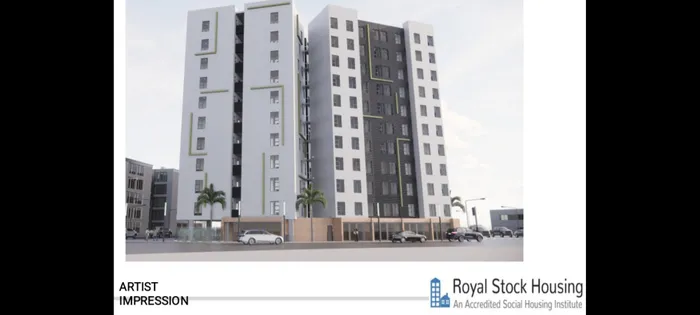Plan to build 7000 social housing units in Durban inner city

The Social Housing Unit plans to build 7000 houses in the Durban inner city in the coming years. Picture: SUPPLIED
Approximately 7000 social housing units are expected to be built in the Durban inner city in the next few years to accommodate the rising population and demand for affordable housing.
This emerged at a Town Talk on social housing opportunities as part of the engagement for the inner city regeneration campaign held recently.
With rapid urbanisation, cities are bursting at the seams and are compelled to reinvent the urban core to accommodate this growth in population.
The United Nations estimates that 80% of world population will be living in cities by 2050, and eThekwini is already feeling the impact of this rise in population in the urban centres, said Sma Moloi, deputy head of formal housing in the Human Settlements Department.
“The inner-city regeneration strategy aims to accommodate approximately 450 000 people in the inner city. At least 40% of the accommodation provided will be a mix of affordable, gap and social housing,” said Ms Moloi.
“Social housing refers to housing in which the government partners with the private sector to provide affordable housing for those who are earning a certain income and can enter into a lease agreement with the owner of the property.”
Government provides a partial subsidisation and disburses funding for infrastructure development. The City facilitates robust land release strategy to accelerate the development of affordable housing. Ms Moloi said t there are many incentives offered to developers of social housing.
“Land is released over a 50-year period for a highly discount rate of 90%. Land for gap housing is also discounted by up to 70% making it attractive and viable to develop social housing,” she said.
“The City also offers a reduction in development fees and guides the developer to ensure success. There are approximately 2210 social housing units throughout eThekwini that will be released in the new year. There are approximately 1578 gap housing units in the eThekwini Municipality. The aim is to ensure that communities are closer to amenities.We are intentional in locating land parcels for development.”
Acting CEO of Social Housing Regulatory Authority (SHRA), Lebowa Letsoalo, said it is important for social housing institutions to be accredited by SHRA in accordance with the Social Housing Act 16 of 2008.
He advised emerging property developers to partner with each other to stand a better chance of success.